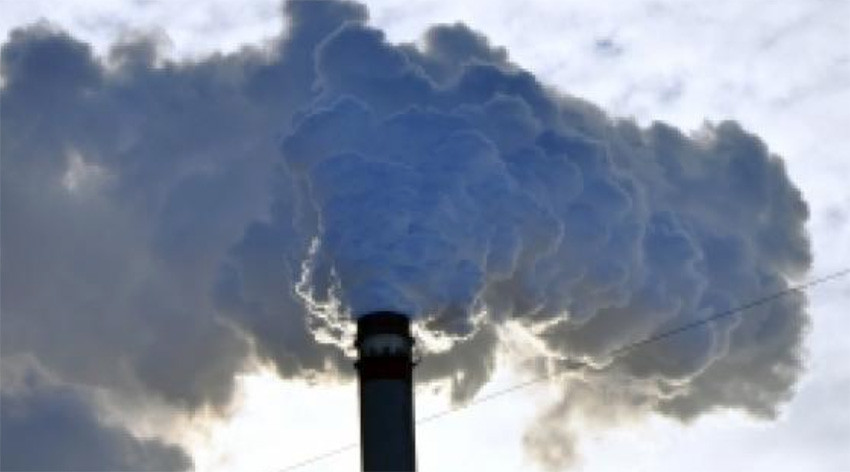The new political season has barely dawned yet various protest actions are taking place every day in front of the parliament building. Today, 19 September, miners and energy workers are blocking the centre of Sofia. The protest is organized by the two largest trade unions in Bulgaria - CITUB and Podkrepa Trade Union. Members of Podkrepa number over 500 thousand workers, including coal miners in the country. This protest is triggered by the state's consideration to close some of the existing blocks in the mining industry in a bid to avoid losing funding under the so-called Green Deal to decarbonise the economy.
However, decisions to close mines should not be taken by politicians alone and with only the present situation in mind. The experts whose opinion is that coal mining should be preserved as an alternative to newer energy sources should also be listened to. Energy workers and miners, who have long lined up to protest in defence of Bulgaria's energy sector, say that the country's energy stability and independence is even more strategically important now, against a backdrop of military conflicts in the region and adverse climate change.
"But our rally is not about demands for social employment, alternative jobs for miners or their benefits. We are demanding the preservation of our country's energy sector. For years we have seen how the energy sector has been neglected by politicians," says Alexander Zagorov of the Podkrepa trade union:

"Pseudo-decisions are being taken, there is no clear perspective on what path the country will follow in energy, social, economic and environmental terms.
We in the industry see that there is an opportunity to develop Bulgaria's electricity sector along with coal mining and coal-fired power plants. However, the government imposes on us restrictions on the grounds that the state is losing EU funds. The truth is that, to date, no one has calculated the real losses that the state would suffer, even within the framework of the social security system alone. Because if miners and energy workers are laid off, this will lead to a lack of funds in the healthcare budget, to a reduction in revenue in the pension funds, etc. Rumours are circulating about 12-13 thousand people being made redundant. This will be a shock to the social system.“
Our interlocutor explains that because there are so many issues which have piled-up in the energy sector, the protesters today want a detailed government strategy that is tied to the current Energy Act. They say that so far there are many strategic documents, but they fail to provide a development perspective.

"We insist on securing the "cold reserve" - noted Alexander Zagorov in an interview with Radio Bulgaria. - The sun and wind seem to be easy sources for obtaining energy, but there can be no energy security because neither sunlight is always enough to make electricity, nor wind, nor hydroelectric power. That is why we also need to be able to rely on good old coal and nuclear power. There are a lot of accumulated problems and we will not solve them with one rally, it is clear that we will need a lot of diplomacy before, during and after the rally. But a protest march will accentuate these problems, will make the public pay attention to them. Let's hope we have an understanding with politicians, because there are many more important decisions to be made, such as the one on growing energy poverty, shrinking consumption and rising prices for end users."

Cooperation between Bulgaria and China in the field of agriculture and food is very active and is constantly expanding. This was stated at a meeting in Sofia between Deputy Minister of Agriculture and Food Lozana Vasileva and Wan Lejun, Chief Animal..
Bulgaria is making good progress toward joining the Eurozone, as inflation is decreasing towards the threshold set by the criteria, European Bank for Reconstruction and Development President Odile Renaud-Basso said in an interview with BTA. The..
Bulgaria's Ministry of Transport has been working for years to develop Corridor No. 8, connecting the Adriatic with the Black Sea through Albania, North Macedonia and Bulgaria. Of the 1,220 km of railway line along the corridor, 747 km are on the..
Bulgaria is making good progress toward joining the Eurozone, as inflation is decreasing towards the threshold set by the criteria, European Bank for..
Cooperation between Bulgaria and China in the field of agriculture and food is very active and is constantly expanding. This was stated at a meeting in..

+359 2 9336 661
